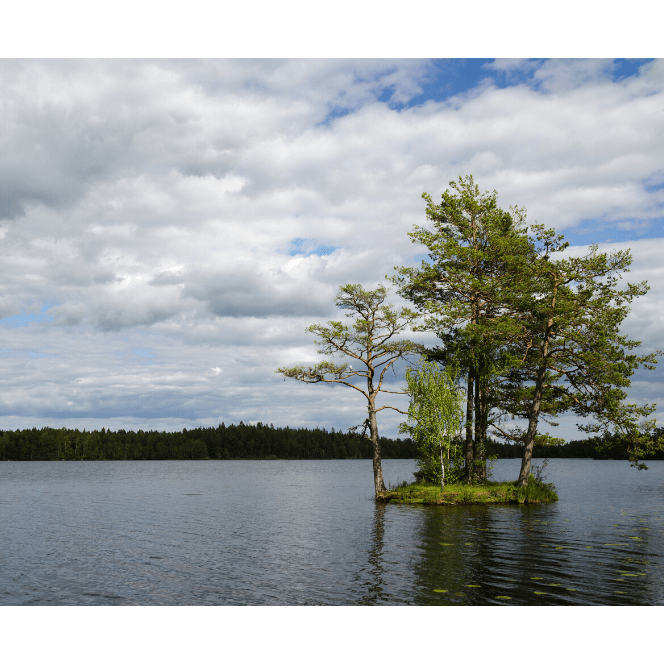My neighbour cleaned out his shed yesterday. He’s doing it again today. People are running out of things to do it seems, ways to occupy their time, and it will only get worse, unless we learn to adapt, fast. With more and more people now working, and studying, from home, the internet will start feeling the overload, it already is, in some parts of the country at least. Work will have to take priority over online leisure, Netflix is already reducing the quality of the picture in the series they show, and things may have to go further than that if the coronavirus continues to spread. But still, this time of solitude for some, and perhaps overcrowding for others, is a time for us to figure out as individuals and as nations, what we are all about, it is a chance to take stock of our everyday lives, our habits, our ways of going about our day that we are not even fully aware of most of the time, until a time like this, when, if not all, certainly a good deal of what we usually do must stop. Thrown into living closely with others for periods much longer than we are used to will be a challenge for some, perhaps a secret joy for others, but it will require all to consider their relationships, with young and old alike, close and not so close perhaps, for now a new reality has dawned, to use that tired expression, this is ‘the new normal’ for us all, but let us embrace this unexpected situation as an opportunity to look deep inside ourselves and take account of what is most important in our lives.
When I returned to Ireland a couple of months ago little did I think that what was planned to be a five week Winter break from teaching sociology in the North of China would extend in the way it has, and that my students in the faculty of education at the university where I teach would still be spread out all across China listening to me run my seminars online in the west of Ireland, where the wild Atlantic crashes onto these shores, as ever it has, unchanging and oblivious to a public health crisis that looms ever larger, in the imagination, and in fact, and begins to touch every part of society. Some things are constant, fixed and unchanging, but now is a time for us all, as a people, as nations, to rise to the occasion, to face the challenges that are with us now, and that will surely come over the course of the months ahead, with a determined will to overcome those challenges, and an even stronger desire to make the most of the opportunities that arise.
When the internet slows, and the soaps dry up on television, let us begin to live more in the moments of our own lives, and speak to the person sitting across from us, ask them for their thoughts, about how they are feeling, what they think of this or that, and listen with interest to what they have to say, let us connect in our own homes with our own families and let us be reminded of the importance of community by this sudden and now very necessary absence of face to face community life. Cloistered up at home, we will have to learn to manage our emotions, to sacrifice for others, to make an effort to be kind even when we don’t necessarily feel like being so.
But this time will pass, and this situation will cease to be so enormous as it seems to be right now, and in the Summer months we will be speaking about how to boost the economy, to run students’ exams, how to make up for lost time, and we will look back and ask ourselves perhaps, how did I manage during the Covid-19 crisis, did I grow as a person in that time, or did I shrink into myself from the challenges we all faced, and, I hope we will ask, was I kind to others?
Cormac Mc Namara researches human interaction and teaches sociology to graduate students in the Faculty of Education at Northeast Normal University in China. Link to ResearchGate profile.


